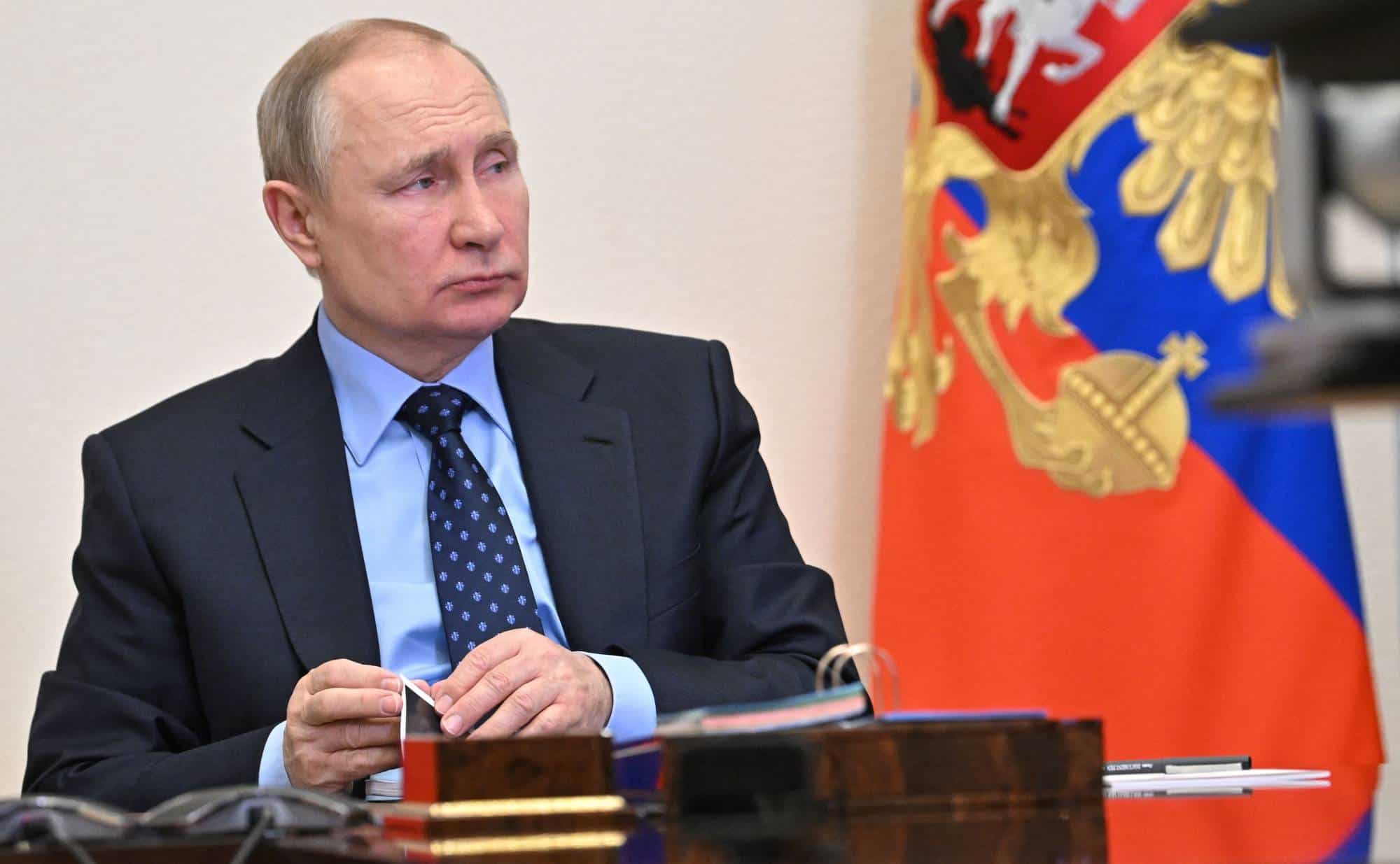Sanctions imposed on Moscow over the invasion of Ukraine are rolling back more than a decade of economic progress and three decades of integration with the West, according to an analysis Wednesday.
But economists at the Institute for International Finance caution that the impact is a “moving target” since more sanctions are being added, and Russia could retaliate, notably on energy.
The damage will make it more costly for Russian president Vladimir Putin to continue the war, but sanctions do not work like “flipping a switch,” IIF economist Elina Ribakova told reporters.In its latest analysis, IIF forecasts Russia’s economy will contract by 15 percent this year and another three percent in 2023.The projections “mean that current developments are set to wipe out the economic gains of roughly 15 years,” the report said.
Financial sanctions including cutting off Moscow’s ability to pay its foreign debt, rising prices and the exit of foreign companies are slowing the domestic demand, thus “dimming economic prospects in the short as well as medium and long term.”
The “economic warfare” is “unraveling its economy,” and the report authors note that “some of the most meaningful consequences have yet to be felt.”
Ribakova said sanctions are ripping apart global value chains in a “disintegration of 30 years of investment and connections with Europe.”
IIF Executive Vice President Clay Lowery said gauging whether the penalties imposed on Russia are effective depends on what governments are trying to achieve.
“If success is damaging the economy… then it’s definitely some impact,” and that is likely to increase, he told reporters.
But sanctions do not have “a great track record” of driving big policy shifts, he said.








